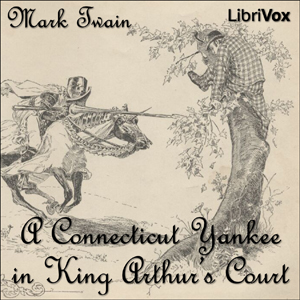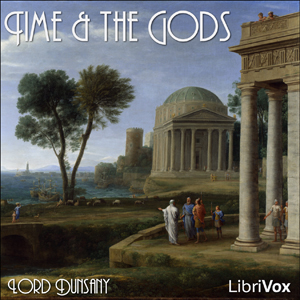- Chapter 1, Discussion and Bed
- Chapter 2, A Morning Bath
- Chapter 3, The Guest House and Breakfast Therein
- Chapter 4, A Market By the Way
- Chapter 5, Children on the Road
- Chapter 6, A Little Shopping
- Chapter 7, Trafalgar Square
- Chapter 8, An Old Friend
- Chapter 9, Concerning Love
- Chapter 10, Questions and Answers
- Chapter 11, Concerning Government
- Chapter 12, Concerning the Arrangement of Life
- Chapter 13, Concerning Politics and Chapter 14, How Matters Are Arranged
- Chapter 15, On the Lack of Incentive to Labour in a Communist Society
- Chapter 16, Dinner in the Hall of Bloomsbury Market
- Chapter 17, Part 1, How the Change Came
- Chapter 17, Part 2, How the Change Came
- Chapter 18, The Beginning of the New Life
- Chapter 19, The Drive Back to Hammersmith
- Chapter 20, The Hammersmith Guest House Again, and Chapter 21, Going Up the River
- Chapter 22, Hampton Court and a Praiser of Past Times
- Chapter 23, An Early Morning By Runnymede
- Chapter 24, Up the Thames: The Second Day
- Chapter 25, The Third Day on the Thames
- Chapter 26, The Obstinate Refusers
- Chapter 27, The Upper Waters
- Chapter 28, The Little River
- Chapter 29, A Resting-Place on the Upper Thames
- Chapter 30, The Journey's End
- Chapter 31, An Old House Amongst New Folk
- Chapter 32, The Feast's Beginning - The End
News from Nowhere (1890) is a classic work combining utopian socialism and soft science fiction written by the artist, designer and socialist pioneer William Morris. In the book, the narrator, William Guest, falls asleep after returning from a meeting of the Socialist League and awakes to find himself in a future society based on common ownership and democratic control of the means of production. In this society there is no private property, no big cities, no authority, no monetary system, no divorce, no courts, no prisons, and no class systems. This agrarian society functions simply because the people find pleasure in nature, and therefore they find pleasure in their work. In the novel, Morris tackles one of the most common criticisms of socialism; the supposed lack of incentive to work in a communistic society. Morris' response is that all work should be creative and pleasurable. (Summary by Wikipedia)
There are no reviews for this eBook.
There are no comments for this eBook.
You must log in to post a comment.
Log in











